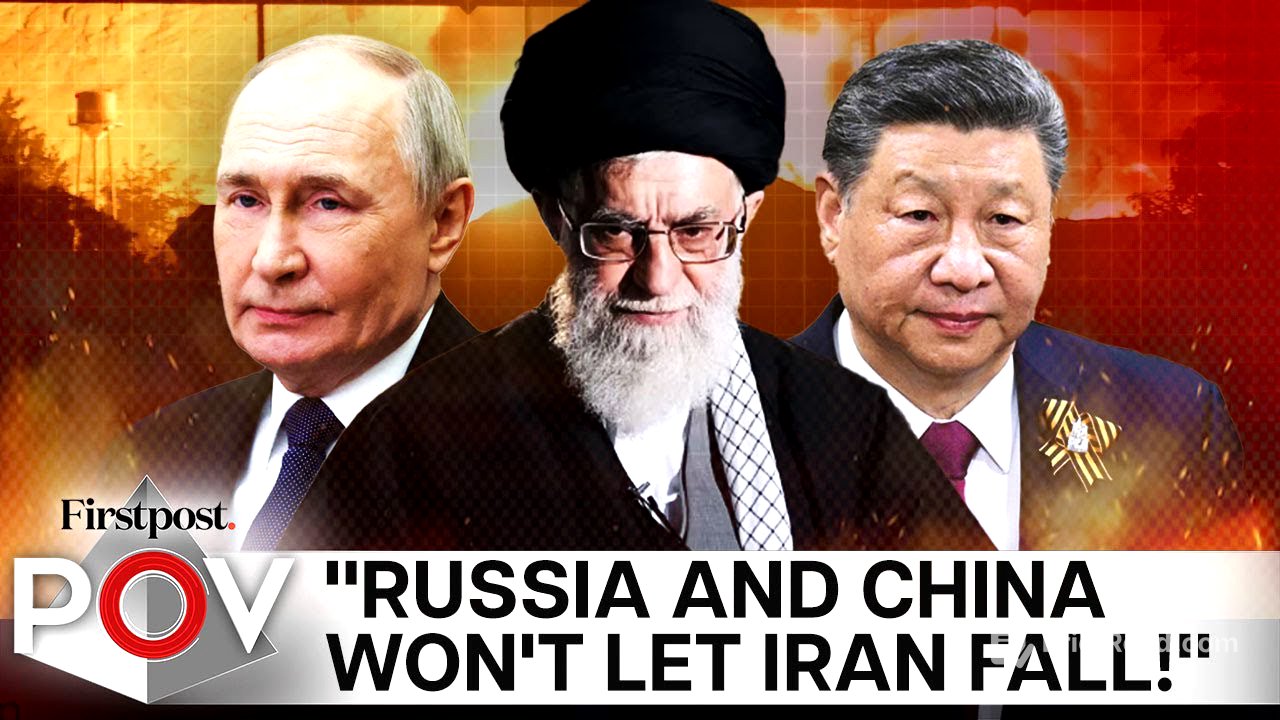TLDR;
The US has targeted Iranian nuclear sites, escalating tensions in the region. This action, following a period of perceived deception by the US, raises fears of a wider conflict. Iran is likely to retaliate, balancing the need to respond with the desire to avoid provoking a larger US intervention. Russia and China are unlikely to directly intervene with troops but may provide support to Iran to counter US influence in Eurasia. The crisis could significantly impact the global economy, particularly concerning oil and shipping routes.
- US strike on Iran escalates regional tensions.
- Iran is expected to retaliate, but cautiously.
- Russia and China may support Iran indirectly.
- Global economy faces potential disruptions.
US Strike on Iran and Trump's Strategy [0:13]
The United States has targeted three critical nuclear sites in Iran, which is seen as a move to support Israel's efforts to curb Iran's nuclear ambitions. This strike has created shock waves and increased the risk of a broader conflict in the region. According to Glenn Dason, President Trump's decision to act quickly, despite initially suggesting a two-week waiting period, indicates a strategy of deception, similar to Israel's surprise attack on Iran during negotiations. This approach, while potentially offering military advantages, undermines trust in the United States on the international stage.
Likelihood and Nature of Iranian Retaliation [2:33]
Iran is almost certain to retaliate against the United States following the attacks. The dilemma for Iran is that a strong response could provoke deeper US involvement, leading to significant destruction, while no response would embolden the US and other countries to take further actions. Iran is likely to aim for a measured response to avoid escalating the conflict and alienating key partners like China and Russia. While Iran wants to be seen as a responsible state, failure to respond would be viewed as weakness, leaving them with limited options and a high risk of further escalation.
Trump's Warnings and Potential US Motives [4:34]
Iran should take Trump's warnings of further, more severe attacks seriously. There are two possible scenarios: either Trump was drawn into the conflict by Israel and is now trying to appear strong before withdrawing, or the US is seeking a pretext for a larger attack on Iran. Regardless, Iran feels compelled to respond in some way, creating a security dilemma where any action carries significant risks. The key question is how to avoid a full-scale war with the United States, given that both underreacting and overreacting could provoke further US aggression.
Role of Russia and China [6:09]
Currently, it is unlikely that Russia or China will directly intervene with troops in the conflict between Iran and the US. Neither country wants to engage in direct combat with Israel or the United States. However, both nations may provide indirect support to Iran, such as intelligence and weapons, similar to how NATO countries are supporting Ukraine against Russia. Russia and China cannot afford to see Iran collapse, as they view Iran as a crucial component of the emerging multipolar world in Eurasia. They see the US's actions as part of a broader strategy to undermine their own national security and reshape the region.
Impact on the Global Economy [8:14]
The crisis has the potential to significantly impact the global economy, particularly concerning oil and shipping. Iran could shut down the Strait of Hormuz, a critical waterway, disrupting oil traffic and creating risks for American warships. This could also affect other countries and potentially reignite conflicts, such as in Yemen. Disruptions to international trading routes and energy prices are a key deterrent for Iran. If Iran doesn't respond to the bombing of its nuclear facilities, its deterrence will be lost, making further aggression more likely. Therefore, Iran may retaliate by disrupting trade corridors as part of its response.









